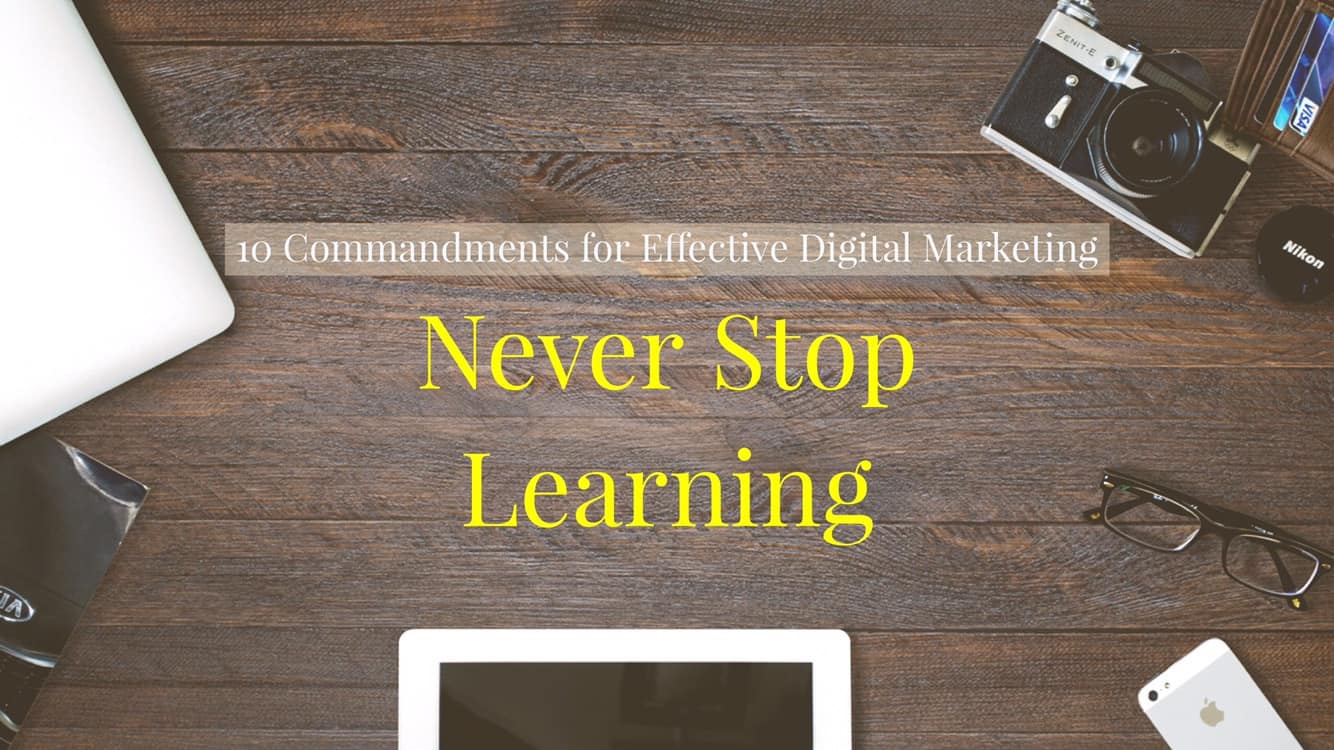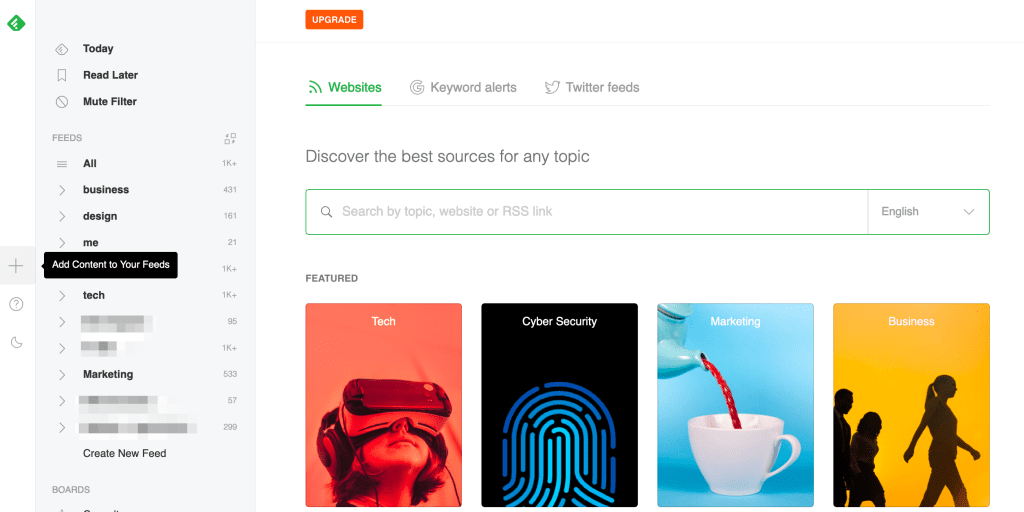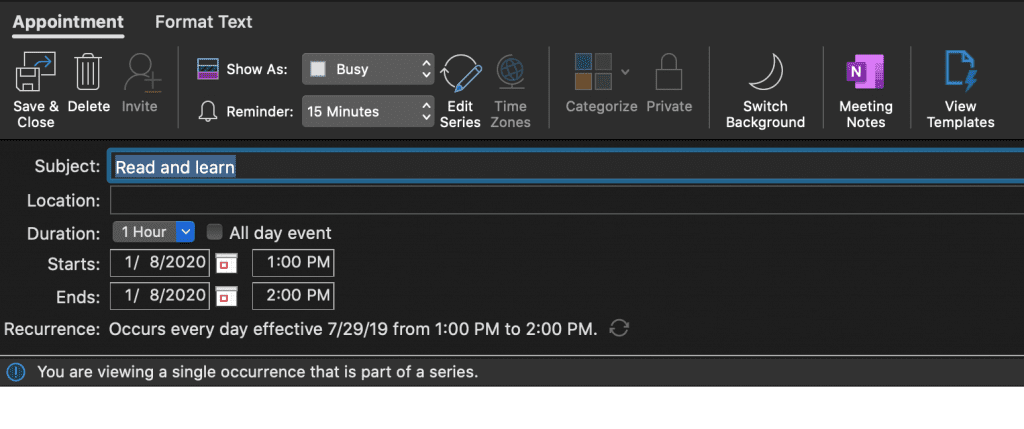Here’s the truth.
There’s just too much content today that it’s impossible to consume them all. Even if you spend 24 hours each day trying to read, listen, or watch everything it is impossible. Not nearly impossible, but really impossible.
Here’s what happens in a single minute on the internet in 2020.

That’s right.
In 60 seconds, everything you saw in that infographic takes place:
- 19 million SMS sent
- 190 million emails
- 4.1 million searches on Google
- 59 million messages sent on Messenger and WhatsApp
And a whole lot more.
That’s why it’s impossible to consume all those content even if you dedicate your whole life to it.
But the problem goes beyond the quantity of content. It’s the quality of these content that makes it a big issue, especially in the world of business.
And I’m not just talking about low quality content —you know, those poorly written, paraphrased, or worse an exact copy-pasted version of another content.
I’m talking about bad content. Those that get you into trouble if you follow them.
And there are plenty of them.
It’s easy to create a website and start posting about business, interviewing, retirement plans, digital marketing, and many more.
It’s even easier to create a social media account, be anonymous, and start spreading fake news.
And while they may not be that much of an issue most of the time, because you can ignore them or it doesn’t reach you, it can affect significant events in our lives. Remember the Facebook Cambridge Analytica controversy back in 2016?
The only way to avoid getting duped is to remain vigilant. Apply discretion. And test them out yourself, instead of blindly accepting them as truths.
The first thing you have to accept is that you don’t know everything. And that’s a good thing. We all benefit from gaining more knowledge to improve our lives. And that’s where “experts” come in.
They have spent the vast majority of their lives doing what they do. Perhaps even achieve greater results than most people do.
But the main problem is that their circumstances are 99.99% different than yours. So, whatever strategies and tactics they used to reach their success will most likely not work for you.
You also have to understand that it’s easy to claim something and make a lot of people believe in it simply because it’s something they want to hear. In short— bad advice. Or, advice that’s not grounded on reality.
I’ve seen these kinds of advice in all areas of life. One of the things that were popular back in the day is to use video resumes. Sure, they are cute. Unique. Makes you stand out.
But it doesn’t take into account the reality that hiring managers process hundreds if not thousands of applications in a single role. For them to switch to a different medium (from reading a pile of resumes) to watching a video that could easily be 10 minutes in length or over. That’s a lot of hurdles the hiring manager has to jump over, not to mention the time it takes just to get through one candidate. If you’re a rockstar like Elon Musk, sure, I’ll watch your video. But if you’re John Smith, it’s not worth it. As they say, you have to first know the rules before you can break the rules. These advice usually come from people who haven’t even hired nor managed people in their lives. They just appeal to something people want to hear.
And that’s where the problem lies.
Most people who go on the internet believe these “experts” blindly to the point that they seem like a follower of a cult.
The same goes with this post of mine.
Take everything you read on the internet with a grain of salt.
The next best thing you can do is apply the concepts and test it out yourself. But do it on a small scale first. That way, you reduce the risk to yourself and your brand especially if the advice or method or tactic was way off.
For example, I’m primarily in the digital marketing industry. So there are tons of experts out there who know more than me. But, their circumstances are different. They are in different countries. They have clout in their names. They do things at a bigger scale. They already have a ton of followers. And more importantly, they have money to soend on ads to grow and reach more people.
None of those are applicable to me.
So, if I blindly accept what they teach on their webinars, trainings, websites, and social media accounts, I could potentially lose any previous success I’ve had or completely wasted my time implementing them.
What do I do instead? (And what I encourage you to do as well)
Understand the rationale behind the strategy/tactic. Get into the why of it. From there, I let it simmer in my head. Maybe draw a mind map if it helps. But more importantly, I add my own experiences. Localize it to my situation and my understanding of my own clients or the market I operate in.
If I see it worthy to pursue, I conduct my own test. I apply those strategies and tactics on a small scale. Rather than implement them on my entire website or email campaigns, or social media networks, I pick one or two then try it out.
Of course, this would mean you’d need to have some sort of analytics in place and some benchmark scores. That way, whatever your experiment is, you’d know if it’s a success or not.
And that’s exactly what I did the last couple of days. I picked a few of these strategies and tactics that I find some merit in, then implemented them on my site. The tests are still running. It’ll probably take a few weeks to get significant results in those experiments.
In summary, don’t stop learning. There are tons of great and valuable content out there. You just have to know where to look for them. Then of course, continue applying discretion. Don’t believe blindly. Finally, test them out yourself to see if they are really valid and applicable to you and your specific situation.



